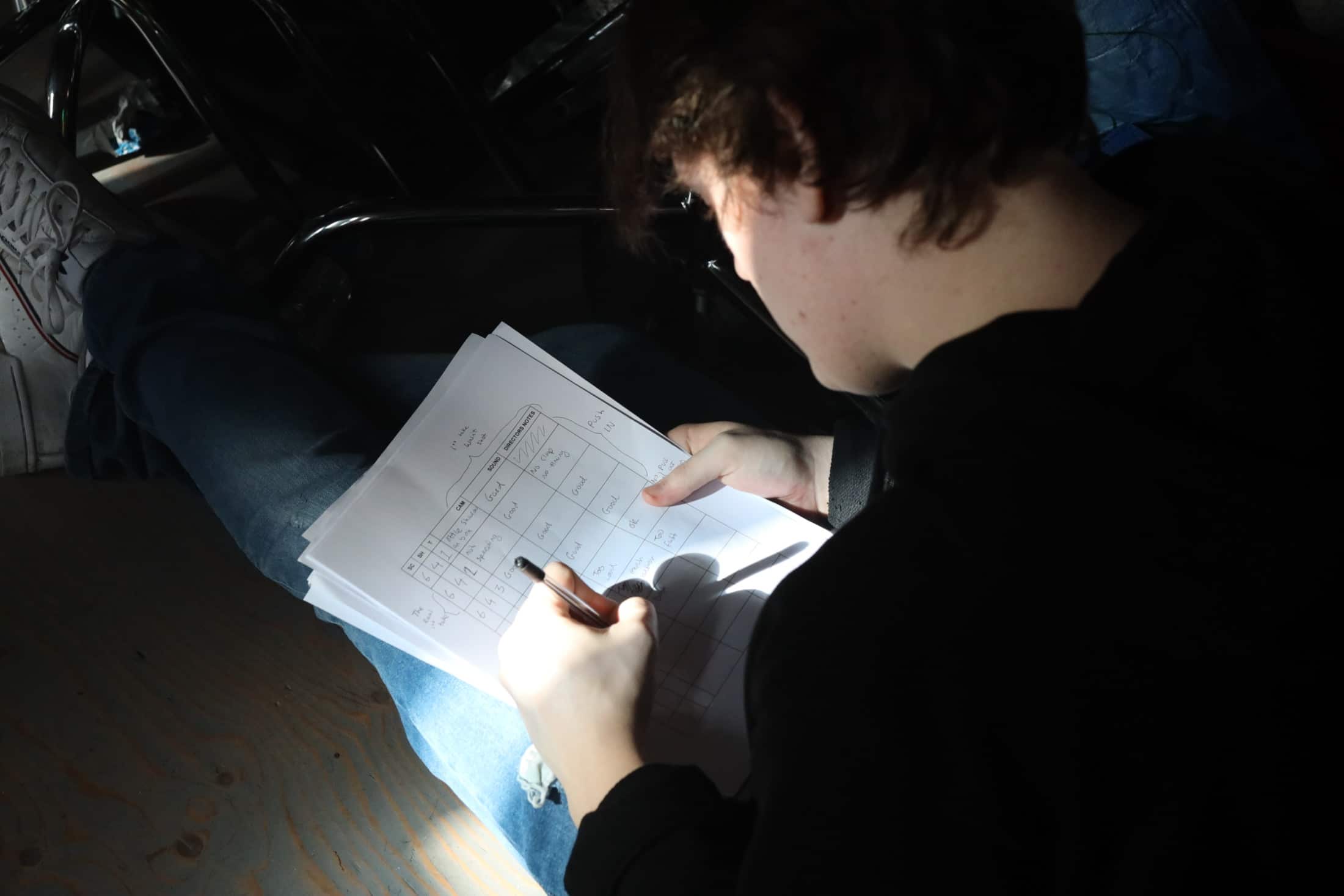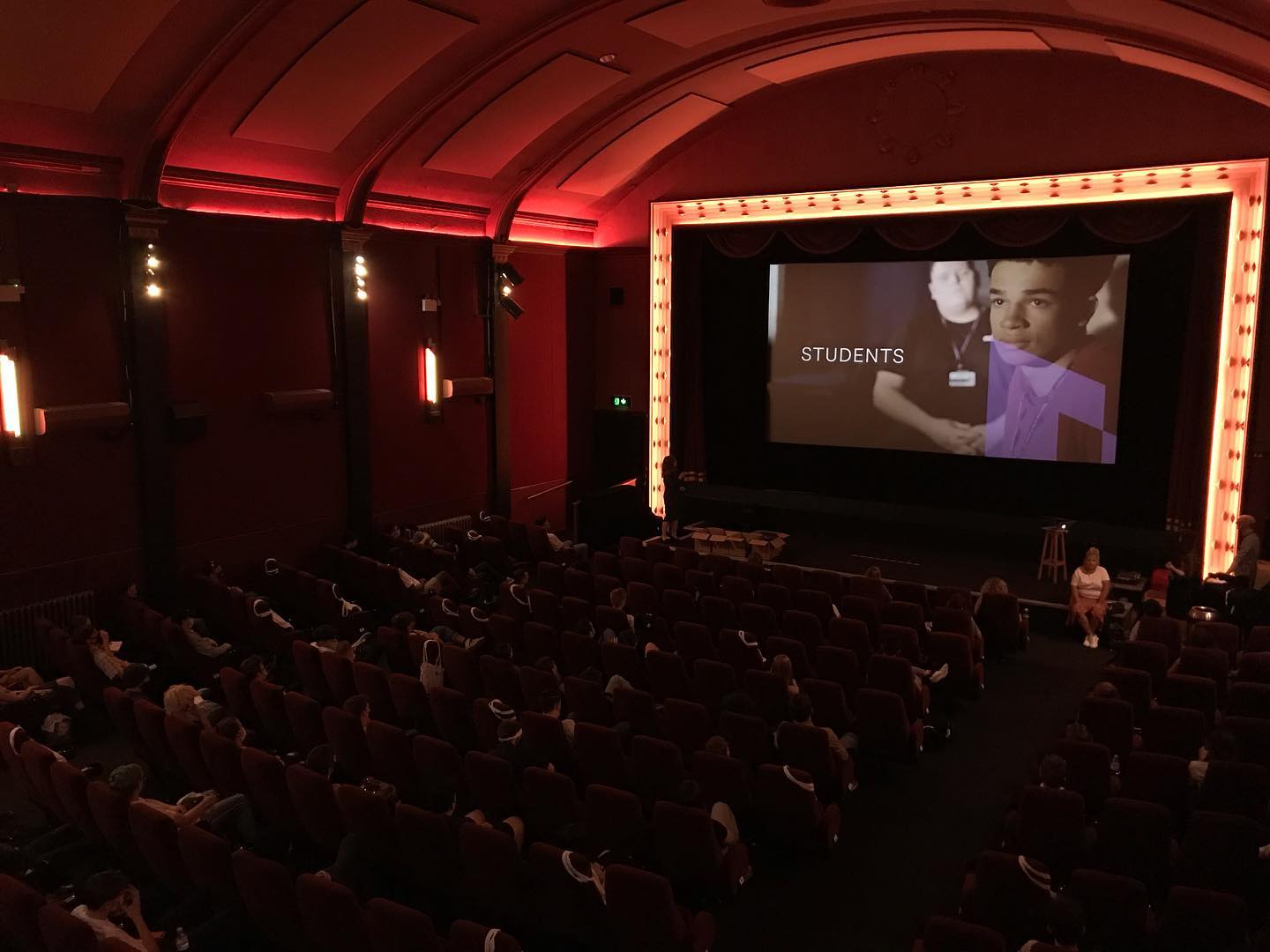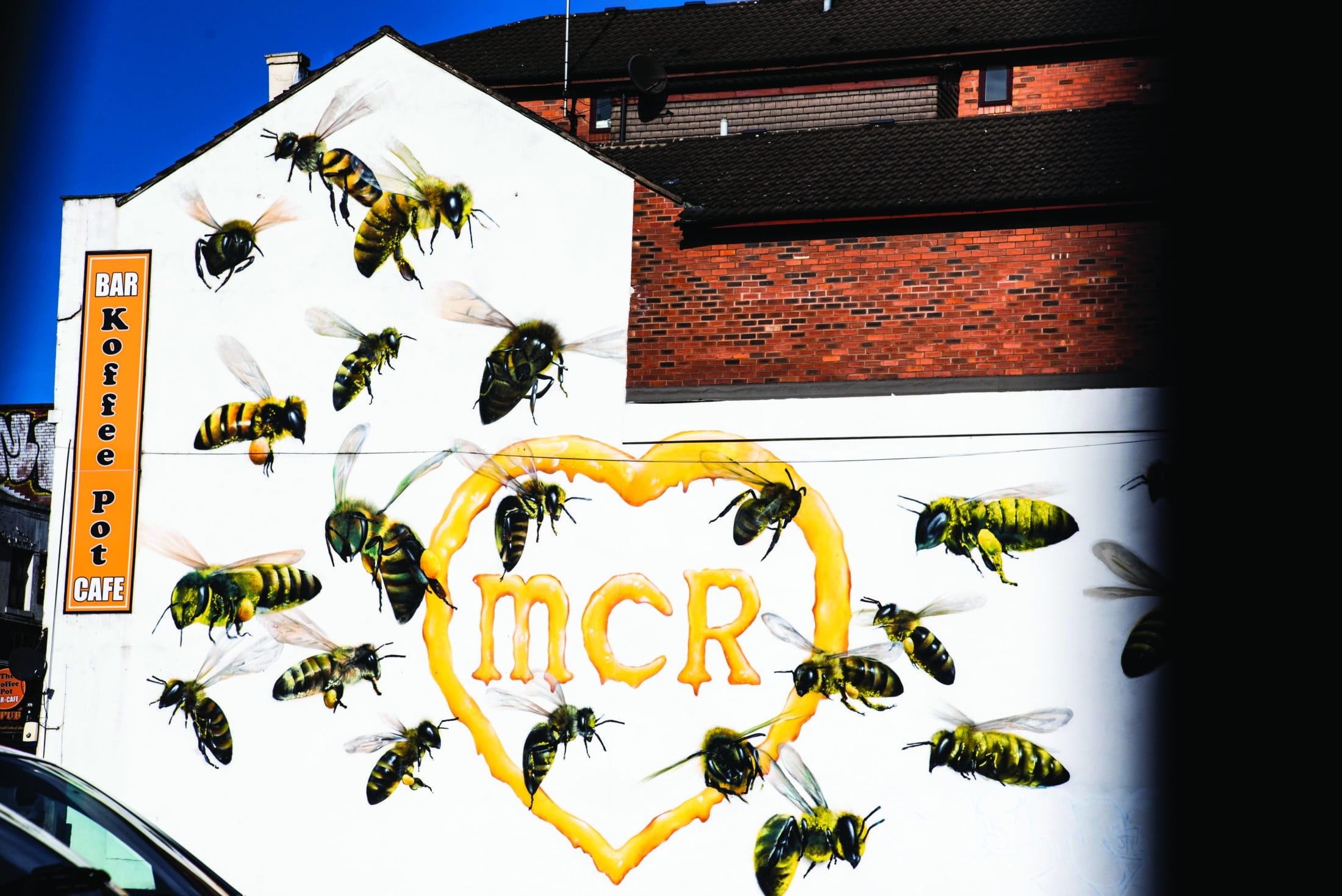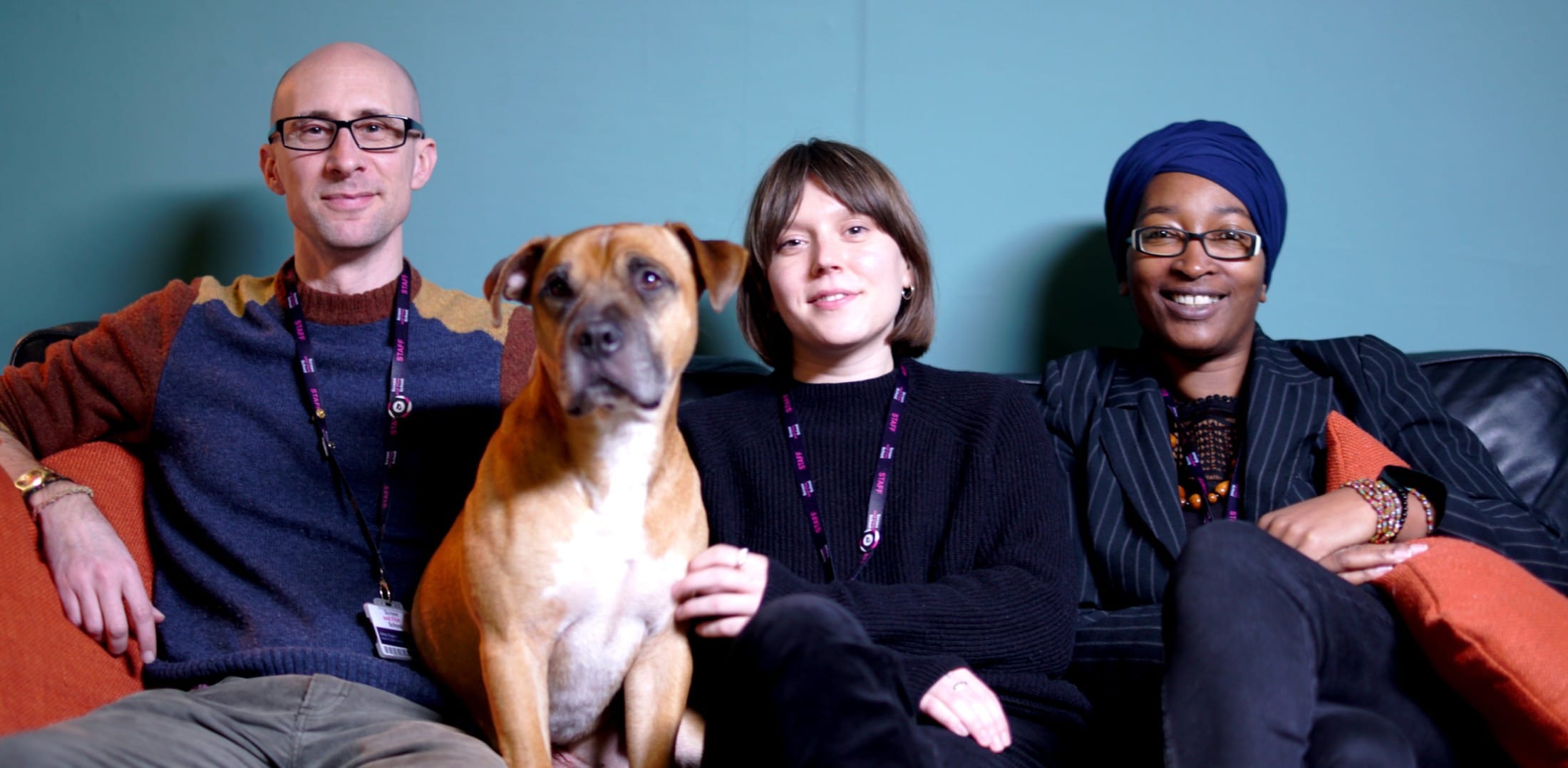Screen and Film School Brighton’s student blogger Lauren Louise shares her advice for planning a film shoot.
Paperwork is the last thing anyone wants to think about when getting creative but without it there would be no end result. So with lockdown still in full effect and productions being put on hold it leaves a lot of time for planning our shoots.
Pre-production is arguably the most important aspect of film production and without it things may quickly begin to fall apart.
Pre-production generally begins with an idea which, with a team of like minded people, will turn into a script. The best thing you can do when stuck in the planning stage of your shoot is to strengthen your writing as much as possible. Write it, then read it. Read it again. Read it out loud. Read it to someone else, because the stronger your script is the stronger your story will be. Have you set your scene clearly enough so the director and art department know exactly where to go from there? How effective is your dialogue? Make sure it rolls of the tongue. I try and eliminate filler words such as ‘so’ ‘well’ ‘ like’…unless that’s how your character speaks.

Write it, then read it. Read it again. Read it out loud. Read it to someone else, because the stronger your script is the stronger your story will be.
The sooner you can meet with your crew and have production meetings the better. Communication is key to a smooth production and Zoom makes this a lot easier. During pre-production try and make sure everyone feels comfortable and knows what they’re doing at every stage of development. It’s important (now more than ever!) that we keep checking in with each other and making sure people are on the same page and that things are moving in the right direction. Try to have a production meeting at least once a week.
Screen and Film School have kindly provided us with Celtx accounts which makes pre-production a lot easier. Celtx allows you to budget, schedule and breakdown your production to a professional standard and in one place. Using online software means that it is accessible to everyone in your crew and people are able to see live updates and any changes. Using software such as Celtx, Studiobinder and Google Drive are extremely helpful when studying at home because it allows everyone to follow along with the planning process outside of Zoom meetings.
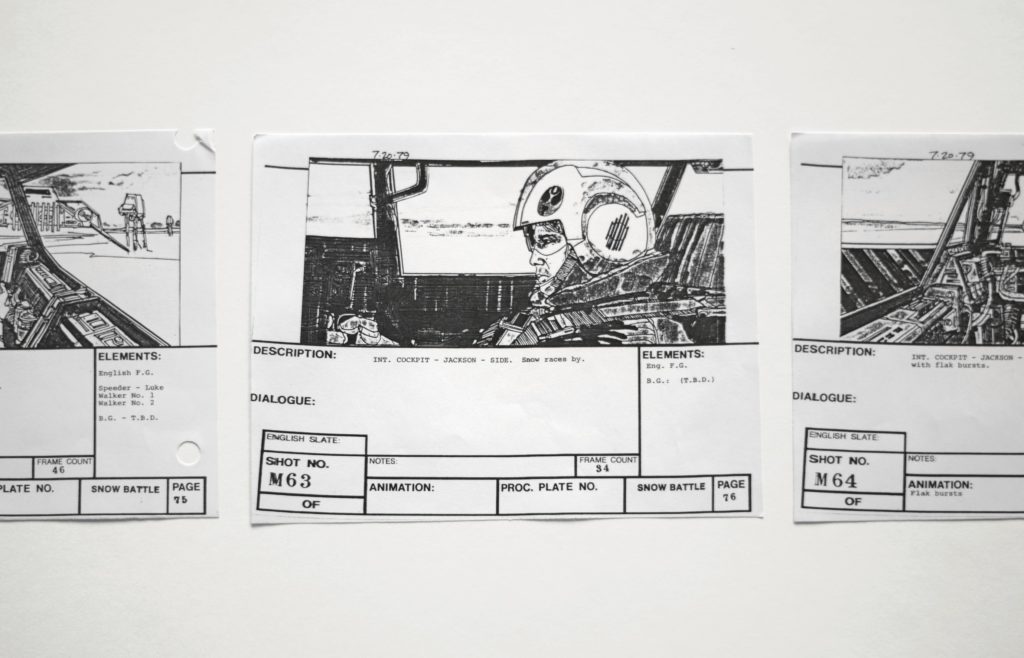
Everything has cameras these days, so although we may not be able to get together for test shoots right now, we’re still able to develop our cinematography from home, even if it’s with a smart phone. Breaking down your shot compositions with shot lists and storyboards are helpful but translating this visually can help even more. It’ll help you to know what shots work and which ones don’t, and make you familiar with any camera movements you will be using during your production, because the last thing you need is to get on set and realise something isn’t working. Try them out beforehand, so you’re an expert in time for the shoot!
